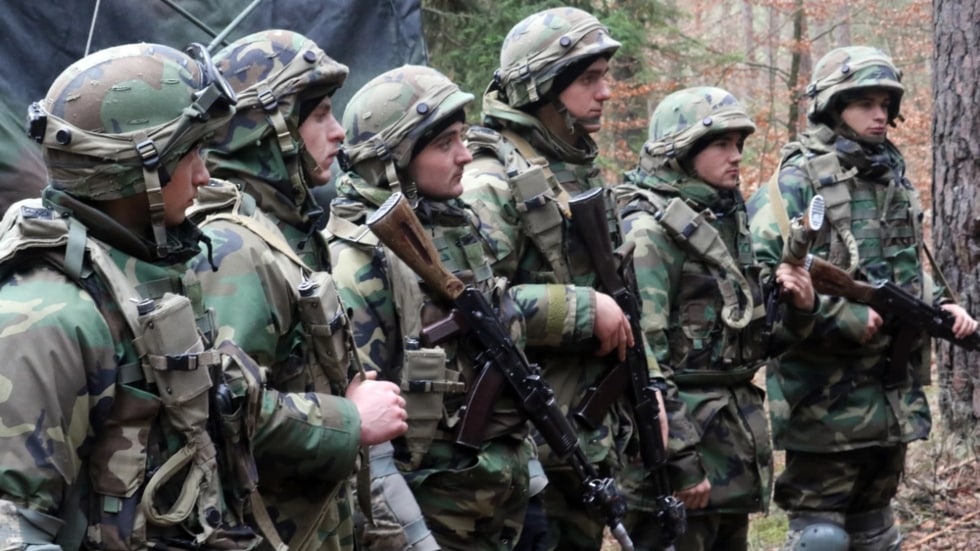UK Foreign Secretary Liz Truss said that London and a number of allies are developing a scheme to supply NATO-grade weapons to Moldova and Ukraine, as Kiev urges for increasingly advanced arms from Western partners despite billions in lethal aid already provided.
Truss told the Telegraph on Friday that she’d like to see “Moldova equipped to NATO standard,” noting “This is a discussion we’re having with our allies” amid continued fighting between Russian and Ukrainian forces.
The senior diplomat argued such arms transfers were needed to avert another Russian attack in Eastern Europe, claiming President Vladimir Putin “has been absolutely clear about his ambitions to create a greater Russia” and could attempt land-grabs around the region.
Moldova is situated along Ukraine’s southwestern border, and contains the largely Russian-speaking region of Transnistria, which has been controlled by separatist forces since the 1990s after a brief war with the government. Unlike the Donbass breakaway republics of Donetsk and Lugansk, however, Moscow does not formally recognize Transnistria as an independent state, though retains an estimated 2,500 ‘peacekeeping’ troops in the region.
Truss went on to say that the UK also wants Kiev to receive more advanced NATO weapons, stating that officials are working to create “a joint commission with Ukraine and Poland on upgrading Ukrainian defenses to NATO standard. So we will scope out what that looks like, what the Ukrainians need.”
While NATO countries have supplied Ukraine with tens of billions of dollars in arms and other military hardware since Russia’s invasion began in late February – including shoulder-fired Javelin and Stinger missiles, Howitzers, drones, armored vehicles, anti-air batteries, light arms and ammunition – Western nations have been more reluctant to send heavier weapons, such as modern tanks and fighter jets.
To date, many of the arms received from NATO members are Soviet-era platforms familiar to the Ukrainian military. However, the latest American aid package, worth $40 billion, includes a US Patriot anti-air battery, a weapon which officials previously said would be off the table for Ukraine. It remains unclear where the battery will be deployed or who will operate it, as the Pentagon said in March that Ukrainian troops would require lengthy training and direct US assistance to use the system.






























